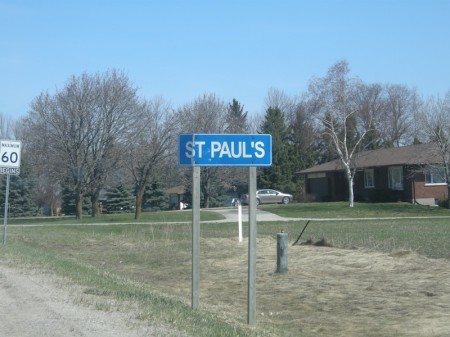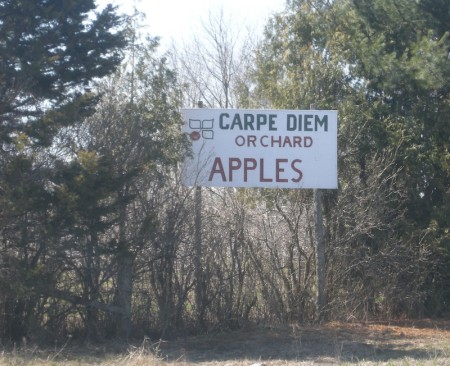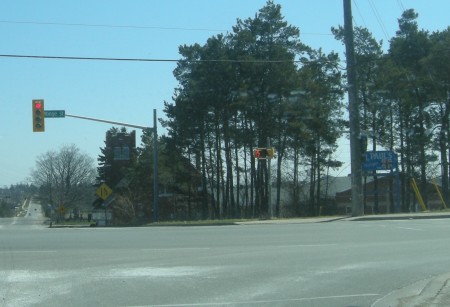St. Paul’s is a hamlet just south of Barrie on Highway 11.
I was at a public town hall meeting discussing my former community’s development prospects many years ago when the guy I was sitting beside leaned in and whispered in my ear. “Look,” he said, pointing at the screen. “Every subdivision is named after the things that the houses just eradicated.”
I looked for this phenomenon in St. Paul’s. Why? Because St. Paul’s marks the end of Highway 11’s southern agricultural interlude. St. Paul’s still has its farms, its little circle of country houses, and its Anglican Church. Don’t get me wrong, it’s not been paved over a la Brampton. And sure, there are suburban and estate developments in nearly every dot on the map along Highway 11 as it runs north of Newmarket.
But it’s in St. Paul’s where you start seeing more and more subdivisions off the side of the road.
You have to assume that this development creeped into the local community long before Barrie annexed St. Paul’s from Innisfil in 2010, as mandated by the province. It all made me feel kind of bad. It’s not that suburban development is necessarily bad; I grew up in the burbs and for me, I couldn’t have wished for anywhere better. But I’m sure that for long before Barrie‘s suburban boom starting putting the squeeze on its neighbours, people sought a home in smaller communities like this as a means of enjoying the best of rural life, with the conveniences of the city nearby.
Change is never avoidable. And I don’t want to give the impression that St. Paul’s is some concrete jungle – far from it. It’s still small and rural.
But after escaping the suburbs of York Region and enjoying the mental and physical space afforded by the rolling farm hills of Bradford and Innisfil, St. Paul’s was a warning that when you’re in southern Ontario, urban reality always lies just around the corner.

